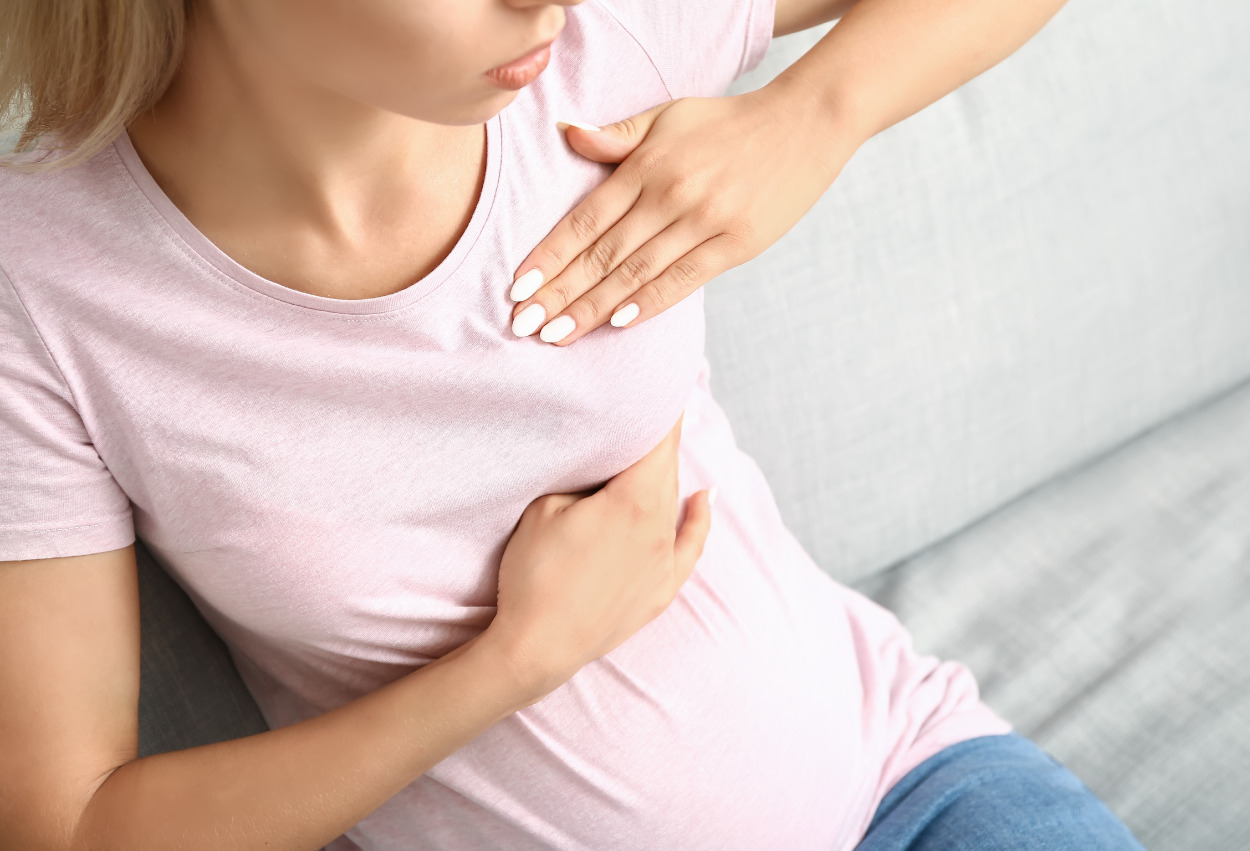Dr Ankita S
MBBS, MS, DNB OBGY
How to combat with facial hairs due to PCOS
Is facial hair normal or not ?
So, what is Hirsutism ?
Increasing androgen levels in women cause an excessive amount of face and body hair to grow in a male pattern; that’s why the term “hyperandrogenic hirsutism”. Ovarian, adrenal, or tumoral origins are possible for hirsutism.
Hirsutism has become the indicator for increased androgen levels in women.
Causes for hirsutism
The first and foremost reason for hirsutism is increased levels of the male sexual hormone androgen. These hormones are elevated as a result of the following factors:
- Polycystic ovarian syndrome (PCOS)
- Tumours on the adrenal glands or ovaries
- Cushing syndrome
- androgen-producing tumours,
- Congenital adrenal hyperplasia
- Medications like anabolic steroids, cyclosporine, minoxidil, danazol can cause hirsutism.
About 75% of hirsutism is caused by ovarian origin i.e PCOS – Polycystic ovarian syndrome (Hafsi & Badri, 2022 Jan). Other than hirsutism, PCOS is accompanied by many symptoms like irregular periods, acne, hair loss (male pattern hair loss), acanthosis nigricans and sudden weight fluctuations.
How do we know we have hirsutism / how to identify it
Hirsutism causes areas of your body where normal, fine, thin hair would normally grow to develop thick, coarse, black hair. On your face (upper lip and chin) and body (chest, arms, upper and lower back, upper and lower abdomen, thighs, and lower legs), for instance, your hair may get thicker and coarser.
What could it lead to
Hirsutism doesn’t have any adverse effects on physical health. but it might affect mental health; there is a chance of experiencing stress, anxiety, or even depression.
How to stop facial hair growth due to pcos
How can we prevent hirsutism
Treatments / best way to remove PCOS facial hair
Medications
Oral contraceptives are the first choice of treatment. Oestrogen/progesterone combinations reduce gonadotropin secretion, inhibit adrenal secretion.
The nutrients play a major role in hair growth and health, to compliment the hair health appropriate nutrients with requirements are essential.
- Include all food groups to your meal plan
- Avoid processed and refined foods
- Go for fruits rich in antioxidants
- Opt for healthy fats (restrict trans fat)
- Hydrate yourself
- Avoid alcohol and tobacco
- If you are deficient in any nutrients, get your supplements through supplements (Consult your Nutritionist / Doctor)
Hair removal procedure
Electrolysis
The removal of hair has also been accomplished by electrolysis.
The outcome of continued therapy ranges from 15 to 50% permanent hair loss.
Therefore, applying electrolysis to a substantial portion of your body might not be practical.
Although side effects are uncommon, they could include a minor discoloration.
Laser hair removal
Lifestyle
Other considerations of Hirsutism
Treating the underlying cause of hirsutism is the most effective way to resolve it. The increased androgen levels in humans may also lead to other disorders and conditions that could pose a potential threat to your health. The following are the conditions that coexist with hirsutism :
- Irregular menstruation
- Hormonal imbalance
- Obesity
- Diabetes
- CVD
- Infertility
Conclusion
Acne and hirsutism are just two of the signs of PCOS. Since PCOS is a collection of symptoms brought on by hormonal imbalance, controlling PCOS holistically and addressing the underlying cause is advised.
References
1. Hafsi, W., & Badri, T. (2022 Jan). Hirsutism. StatPearls Publishing.https://www.ncbi.nlm.nih.gov/books/NBK470417/
2. Sachdeva S. Hirsutism: evaluation and treatment. Indian J Dermatol. 2010;55(1):3-7. doi: 10.4103/0019-5154.60342. PMID: 20418968; PMCID: PMC2856356.
3. Azziz, R., Evaluation and management of hirsutism, Obstetrics & Gynecology, Volume 101, Issue 5, Part 1, 2003, Pages 995-1007, https://doi.org/10.1016/S0029-7844(02)02725-4
Frequently Asked Questions
Yes, having facial hair is perfectly normal for women. Excess facial or body hair, like male patterns in women, may indicate an underlying hormonal imbalance known as hirsutism.
Hirsutism in PCOS is primarily caused by increased androgen levels, specifically testosterone, in women. PCOS is a common cause of hirsutism, accounting for about 75% of cases.
Hirsutism in PCOS can be managed through various treatments, including medications like oral contraceptives and androgen blockers, laser hair removal, electrolysis, lifestyle changes such as weight management, and addressing underlying hormonal imbalances.
Yes, a balanced diet, weight management, and exercise can be beneficial in managing hirsutism in PCOS, as they help regulate hormones and overall health.
Side effects of hair removal procedures like laser or electrolysis may include skin irritation, burns, scars, hyperpigmentation (darkened skin), or hypopigmentation (lightened skin). It is essential to consult a professional before undergoing any hair removal procedure.
Dr Ankita S
MBBS, MS, DNB OBGY
Priya
M.Sc Nutrition and Dietetics
Priya
M.Sc Nutrition and Dietetics
Related Blogs
- How to prevent Prediabetes from Turning into DiabetesSeptember 19, 2023
- Unravelling the connection: insulin Resistance and PCOSSeptember 8, 2023








